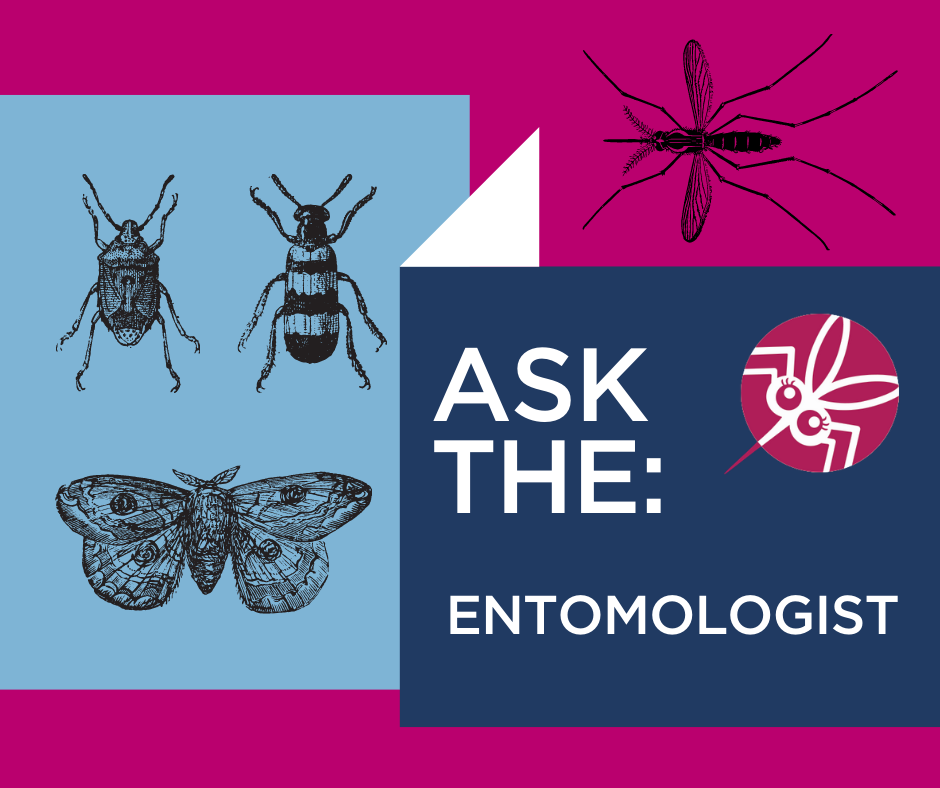Mosquito Authority is the authority on mosquito control, and our current treatment protocol was designed with the help of Dr. Craig Stoops, LCDR MSC USN (ret.).
Dr. Stoops is a retired U.S. Navy Entomologist who conducted mosquito research and control in the United States, South and Central America, Southeast Asia, Africa, and the Middle East.
His passion for understanding and controlling mosquitoes and other medically important insects to protect public health, drives him to design and develop increasingly effective control strategies.
There are so many different fields an entomologist can specialize in. What is your main area of study and work?
After getting my start in agriculture and non-native insect surveillance, I became a professional medical entomologist when I was granted a commission in the U.S. Navy Medical Service Corps.
My main area of research now is to develop and test novel ways to control mosquitoes and other important public health pests such as ticks.
How did you help Mosquito Authority develop our current protocol?
Even though our protocol is extremely effective, I conduct research on tools that we may incorporate into our protocol to make it even better.
For example, there are always new synthetic and natural insecticides that need to be investigated. Also, there are a lot of new traps and other technologies commercially available that may prove to be important in how we do business in the future.
What global issues have you researched which can impact us in our own backyards here in the United States?
Dengue is a mosquito-borne virus that currently threatens the health of millions of people around the world. I have done research on dengue virus control in Indonesia, Peru, and Honduras.
In many areas of the U.S. we have the two most important mosquito species in the transmission of dengue: the Yellow Fever Mosquito, Aedes aegypti, and the Asian Tiger Mosquito, Aedes albopictus.
While the threat of transmission of this dengue is relatively low across much of the U.S., when you have the mosquito vector present, we must remain vigilant and ensure we can control these two species when necessary.
What area of study interests you most?
That is a really tough question because I am interested in so many areas of research including basic science topics such as vector ecology and evolution, but also applied areas as insecticide resistance and repellent R&D.
Right now, finding ways to integrate trapping and other novel techniques to reduce our reliance on insecticides against adult mosquitoes probably tops the list.
Finding the best ways to protect people against mosquitoes or other medically important arthropods, whether they are nuisance species or dengue, malaria or lyme disease vectors forms the core of my interest.
Click here to learn more about what entomologists study, and how their research impacts our everyday lives.
Dr. Stoops earned his B.S. in Biology from Shippensburg University, and both an M.S. and a Ph.D. in Entomology from Clemson University. He is also Board Certified by the Entomological Society of America in Medical and Veterinary Entomology.

